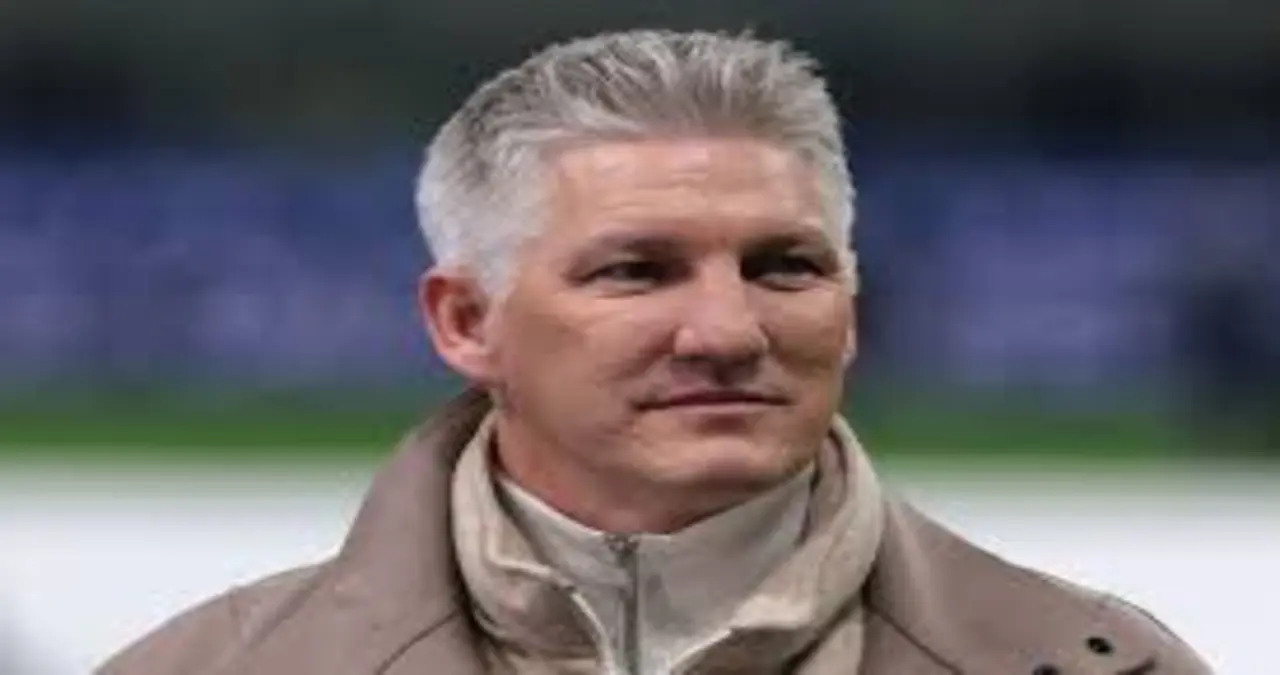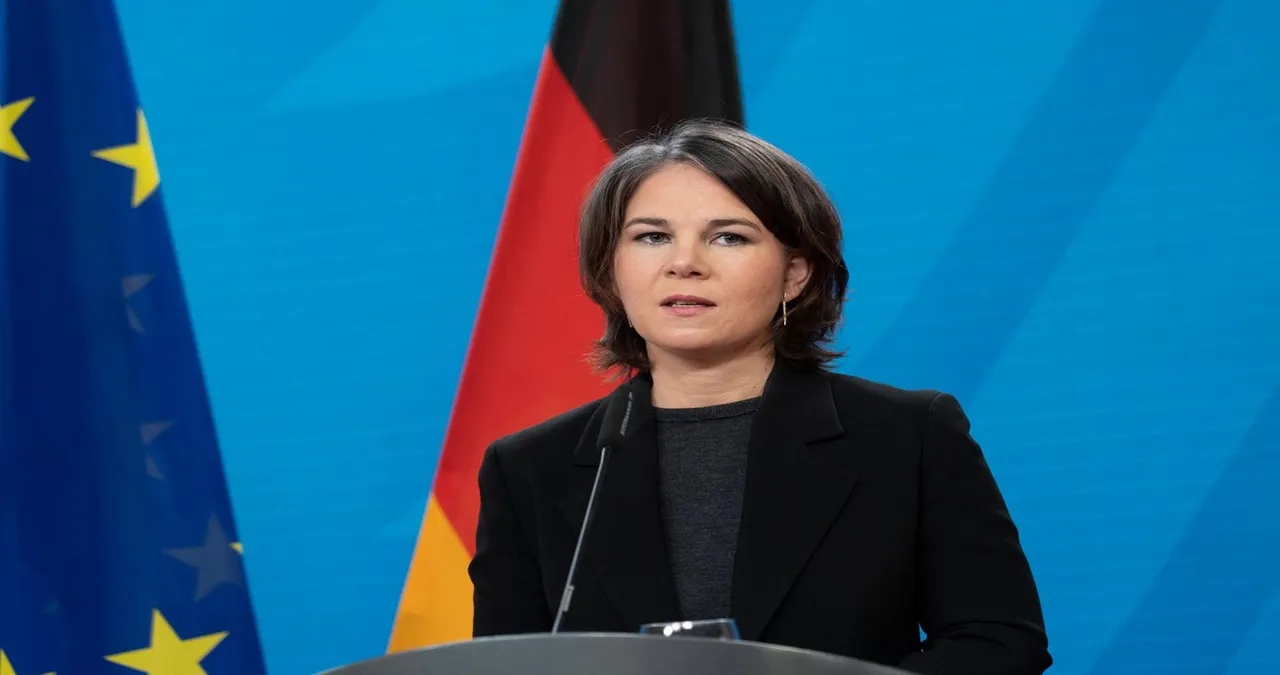Bastian Schweinsteiger When we talk about footballers who didn’t just play the game but shaped it, Bastian Schweinsteiger’s name deserves to be right up there. Known for his incredible vision, precise passing, and remarkable versatility, Schweinsteiger’s legacy is one of both elegance and grit. From dominating the midfield at Bayern Munich to lifting the World Cup with Germany, and finally ending his career in the United States, Schweinsteiger’s journey is one that truly captures the heart of modern football. Let’s take a deep dive into the career, personality, and life of this football legend.
Early Life and Youth Career
Bastian Schweinsteiger was born in Kolbermoor, a small town in Bavaria. Growing up in the southern part of Germany, Schweinsteiger developed a love for sports early on, dabbling in skiing before committing to football. His older brother, Tobias Schweinsteiger, was also a professional footballer, making the sport a family affair. While Tobias stayed more under the radar, Bastian quickly distinguished himself as a prodigy.
His youth career took off when he joined the youth ranks at Bayern Munich. It wasn’t long before he began turning heads with his exceptional ball control, spatial awareness, and tactical understanding of the game. What stood out even at that early stage was his maturity and decision-making, traits that would go on to define his professional career.
Rise to Stardom at Bayern Munich
When Schweinsteiger made his professional debut for Bayern Munich, fans and pundits alike knew something special was on the horizon. Initially breaking into the first team as a wide midfielder, he soon transitioned into a more central role where he could influence the game more directly. His range of passing and ability to dictate tempo made him the heartbeat of Bayern’s midfield.
Over the years, Schweinsteiger helped Bayern Munich dominate German football. With multiple Bundesliga titles, DFB-Pokal wins, and eventually a UEFA Champions League trophy, he solidified his place as one of the club’s all-time greats. Under coaches like Ottmar Hitzfeld, Louis van Gaal, and later Jupp Heynckes, Schweinsteiger matured into a complete midfielder, capable of defending, creating, and scoring.
International Glory with Germany
While his club career was nothing short of spectacular, it was his role in the German national team that etched Schweinsteiger into football folklore. He made his debut in Germany as a teenager and quickly became a mainstay in the national setup. His performances in European Championships and World Cups consistently demonstrated his class, leadership, and resilience.
The pinnacle came in the World Cup held in Brazil. Schweinsteiger was instrumental in Germany’s success, especially in the final against Argentina. His tireless work in midfield, despite taking numerous physical hits, became one of the defining images of the tournament. With blood trickling down his face, he continued to press, tackle, and orchestrate plays, embodying the spirit of a champion.
Transition to Manchester United
After a long and fruitful spell at Bayern Munich, Schweinsteiger made a high-profile move to Manchester United. It was a shift that intrigued many fans. Moving to the Premier League was a new challenge for the German maestro, and expectations were high. While his time at United was marred by injuries and managerial changes, he still managed to showcase his class in moments.
Under Louis van Gaal, he was reunited with a familiar face from his Bayern days. However, the arrival of Jose Mourinho saw Schweinsteiger pushed to the sidelines, leading to limited playing time. Even in adversity, Schweinsteiger remained the consummate professional, never complaining and always encouraging his teammates.
Final Chapter in MLS with Chicago Fire
Not ready to hang up his boots just yet, Schweinsteiger took his talents to Major League Soccer, signing with the Chicago Fire. While some saw this as a retirement tour, the Germans had different plans. He quickly became the team’s central figure, not just in terms of gameplay but also in mentorship.
In Chicago, he played multiple roles, even appearing as a center-back when the team needed stability at the back. His tactical intelligence, experience, and leadership helped elevate the squad’s performance. Fans in the US were treated to a masterclass in how the game should be played, and Schweinsteiger left a lasting impression on the league.
Style of Play: Elegance Meets Tenacity
Bastian Schweinsteiger was not your typical flashy midfielder. He didn’t rely on tricks or flair. Instead, his game was built on intelligence, positioning, and execution. His passing range was world-class, capable of switching the play with inch-perfect long balls or threading the needle with tight through balls.
Defensively, he was equally adept. He understood when to drop deep, when to press, and how to cover for his teammates. His work rate was immense, often covering more ground than anyone else on the pitch. It was this blend of elegance and tenacity that made Schweinsteiger a unique figure in world football.

Relationship with Coaches and Teammates
Throughout his career, Schweinsteiger earned the respect and admiration of coaches and teammates alike. Whether it was Philipp Lahm, Thomas Muller, or Miroslav Klose, many of Germany’s top stars have spoken about Schweinsteiger’s influence on and off the pitch.
Coaches, too, held him in high regard. Joachim Low called him the “emotional leader” of the German national team, while Jupp Heynckes referred to him as the “engine” of Bayern Munich. These were not just compliments but acknowledgments of the vital role he played in every team he was part of.
Personal Life and Public Image
Off the pitch, Bastian Schweinsteiger has always maintained a clean and respectful public image. He married Serbian tennis star Ana Ivanovic, and together they are seen as one of the most beloved sports couples. The duo is known for their humility and community involvement, often participating in charitable activities.
His demeanor in interviews and public appearances reflects his character—calm, articulate, and thoughtful. He’s never been involved in scandals or controversies, which has only strengthened his reputation as a role model in the football world.
Influence on Future Generations
Bastian Schweinsteiger’s legacy goes beyond statistics and trophies. He inspired an entire generation of young midfielders who looked up to his composure, vision, and work ethic. In Germany, many budding talents have cited him as their idol.
His impact also extended to coaching philosophies and tactical setups. Managers began to value intelligent midfielders who could serve as both destroyers and creators, a role Schweinsteiger embodied perfectly. His career served as a blueprint for what a complete midfielder should be.
Post-Retirement and Media Career
After hanging up his boots, Schweinsteiger smoothly transitioned into a media career. He became a football pundit for German television and quickly earned praise for his insightful analysis and honest commentary. His deep understanding of the game made him a natural fit for the analyst role.
He’s also taken part in various documentaries and football-related events, sharing his experiences and mentoring younger players. Though he has not formally entered coaching, his involvement in football remains strong, keeping him close to the game he loves.
Honors and Awards
Throughout his illustrious career, Bastian Schweinsteiger accumulated numerous individual and team honors. With Bayern Munich, he won multiple Bundesliga titles, DFB-Pokal cups, and the coveted UEFA Champions League trophy. Internationally, the highlight was undoubtedly the World Cup win.
In addition to team achievements, Schweinsteiger also received several individual accolades. He was named German Footballer of the Year and was often included in tournament all-star teams, a testament to his consistent excellence at the highest level.
Bastian Schweinsteiger’s Cultural Impact
Beyond football, Schweinsteiger became a cultural icon in Germany. His name is synonymous with leadership, class, and professionalism. Whether it’s a fan from Munich or someone who cheered for him in Brazil, the respect he commands is universal.
He was also a unifying figure during national campaigns, symbolizing hope and resilience. His bloodied but unbowed performance in the World Cup final became a metaphor for the German spirit—strong, determined, and never backing down.
Legacy and Where He Stands Among the Greats
When discussing the all-time great midfielders, Bastian Schweinsteiger deserves a place at the table. He wasn’t just good for a season or two—he sustained elite-level performance over a decade. Few players have had such a balanced and decorated career.
His contributions to Bayern Munich and the German national team are immeasurable. He brought stability, intelligence, and heart to every match he played. It’s rare to find a player who embodies so many qualities—tactical brilliance, leadership, humility all wrapped into one.
Final Thoughts: A Legend Who Let His Feet Do the Talking
In an era where flash often overshadows substance, Bastian Schweinsteiger stood out for all the right reasons. He let his football do the talking, earning respect through performance rather than publicity. His journey from a small town in Bavaria to the pinnacle of world football is nothing short of inspirational.
For fans, Schweinsteiger remains a beloved figure. For aspiring footballers, he’s a case study of how to do things the right way. And for football itself, he will forever be remembered as one of the sport’s true maestros.




